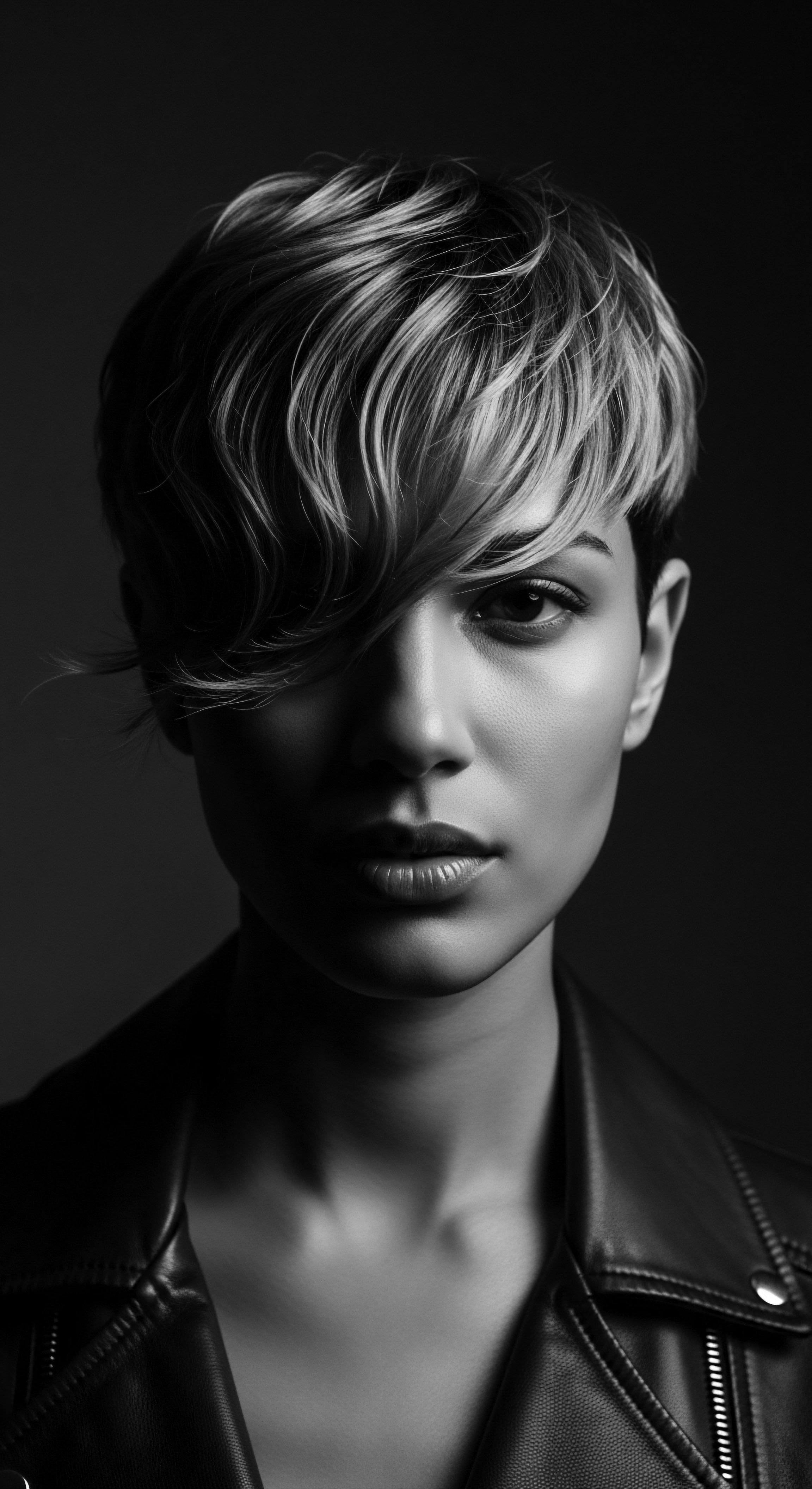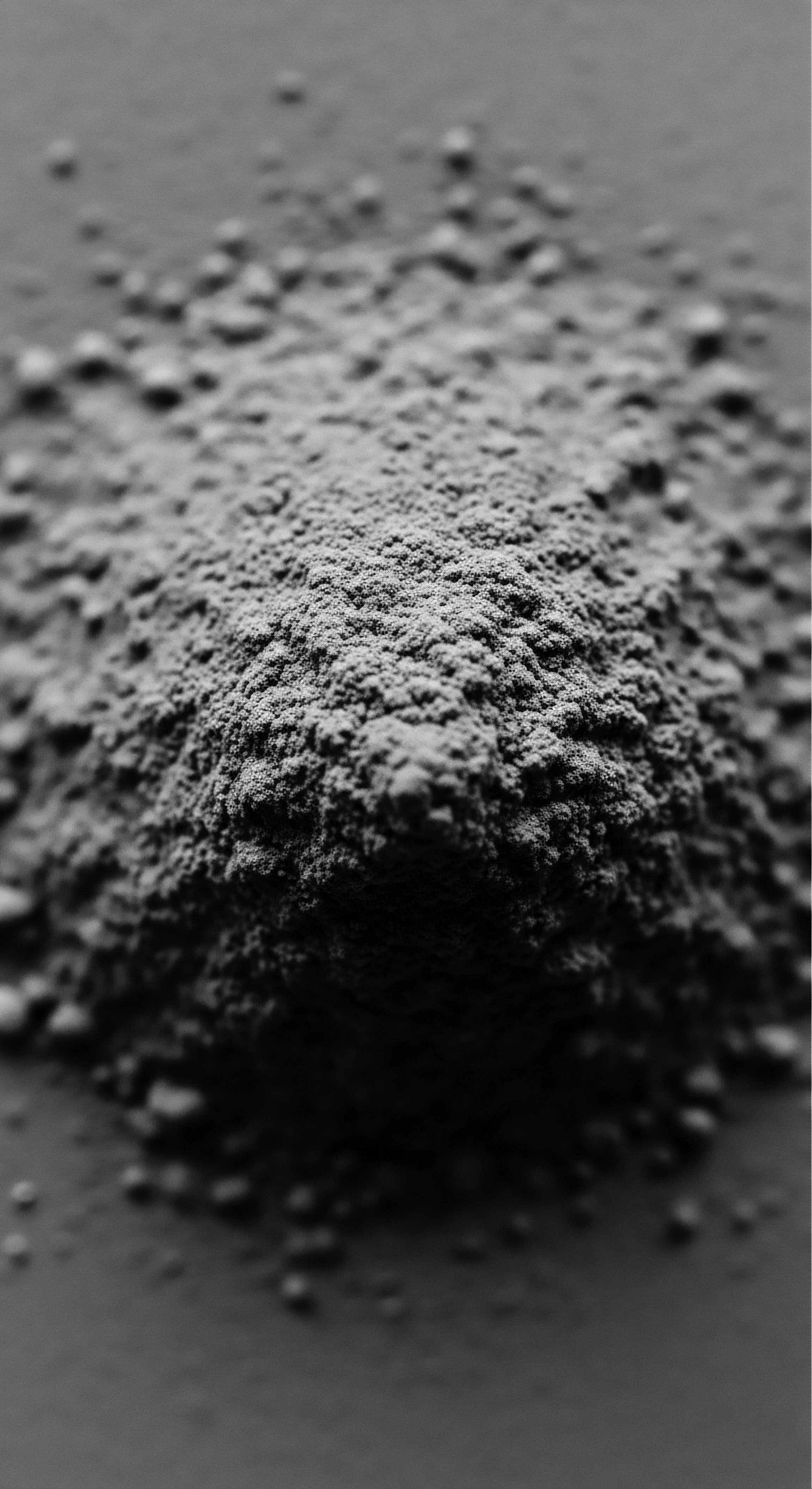
Hair Contamination
Meaning ❉ Hair Contamination is the introduction of any element compromising hair's natural state, vitality, or cultural meaning, especially for textured hair.
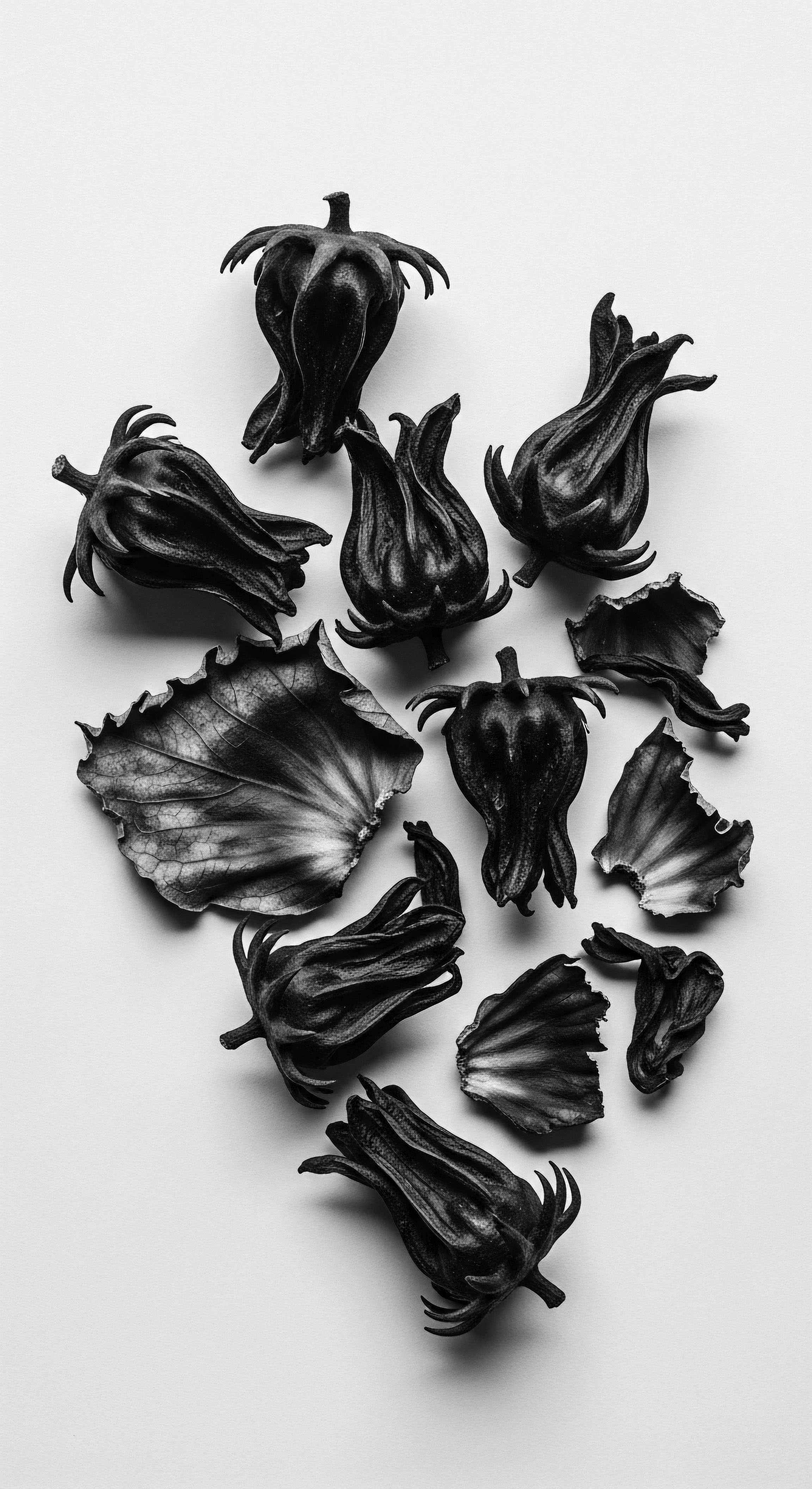
What Long-Term Effects Does Historical Trauma Have on Textured Hair Scalp Health?
Historical trauma leaves epigenetic marks, increasing inflammation and altering scalp health across generations, deeply impacting textured hair heritage.
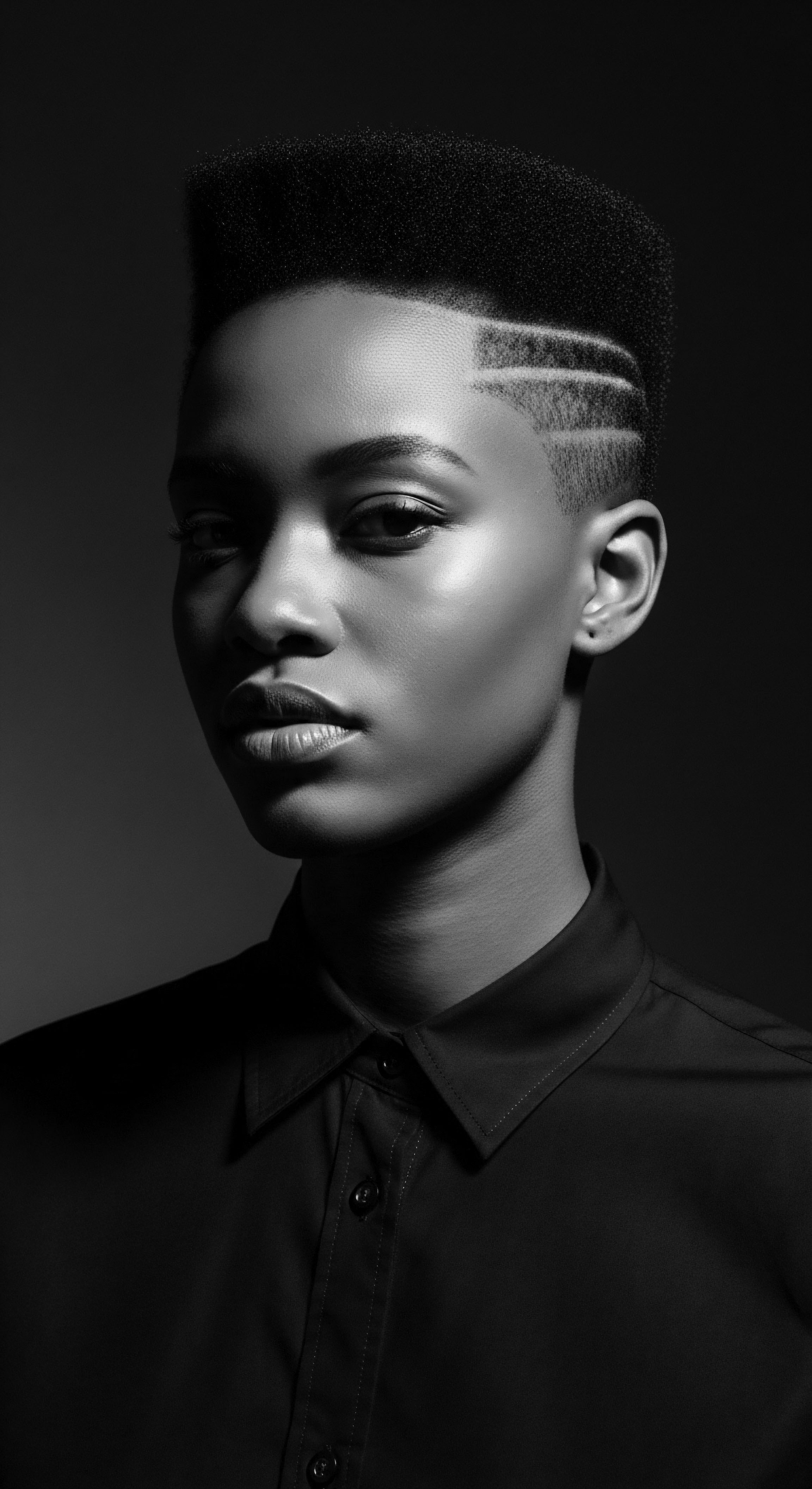
Minimal Water
Meaning ❉ Minimal Water is a heritage-informed approach to textured hair care, optimizing hydration with deliberate water use to preserve structural integrity and honor ancestral wisdom.
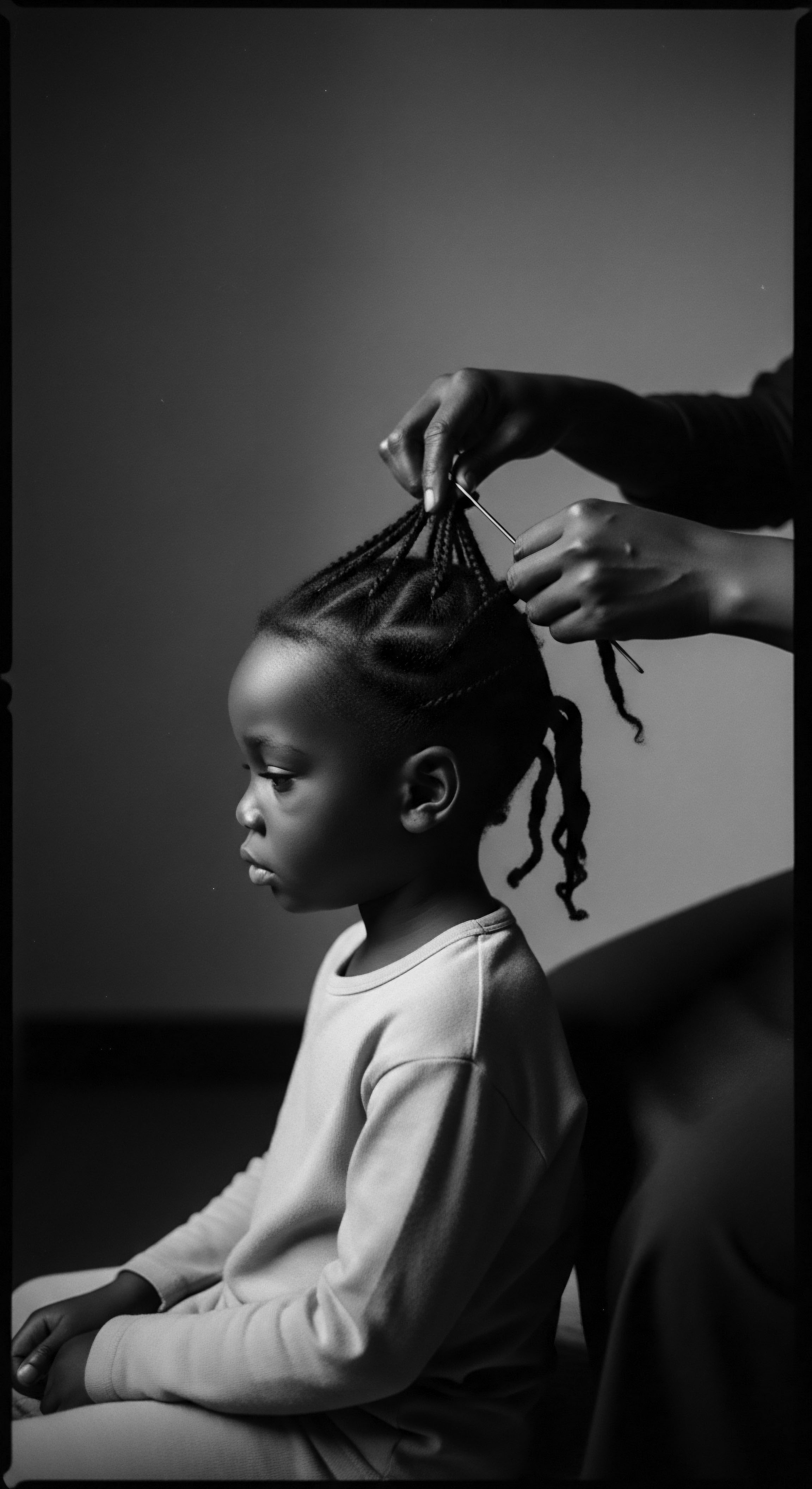
Migration Effects
Meaning ❉ Migration Effects describe the profound transformations in textured hair practices and identity stemming from human displacement and cultural exchange.
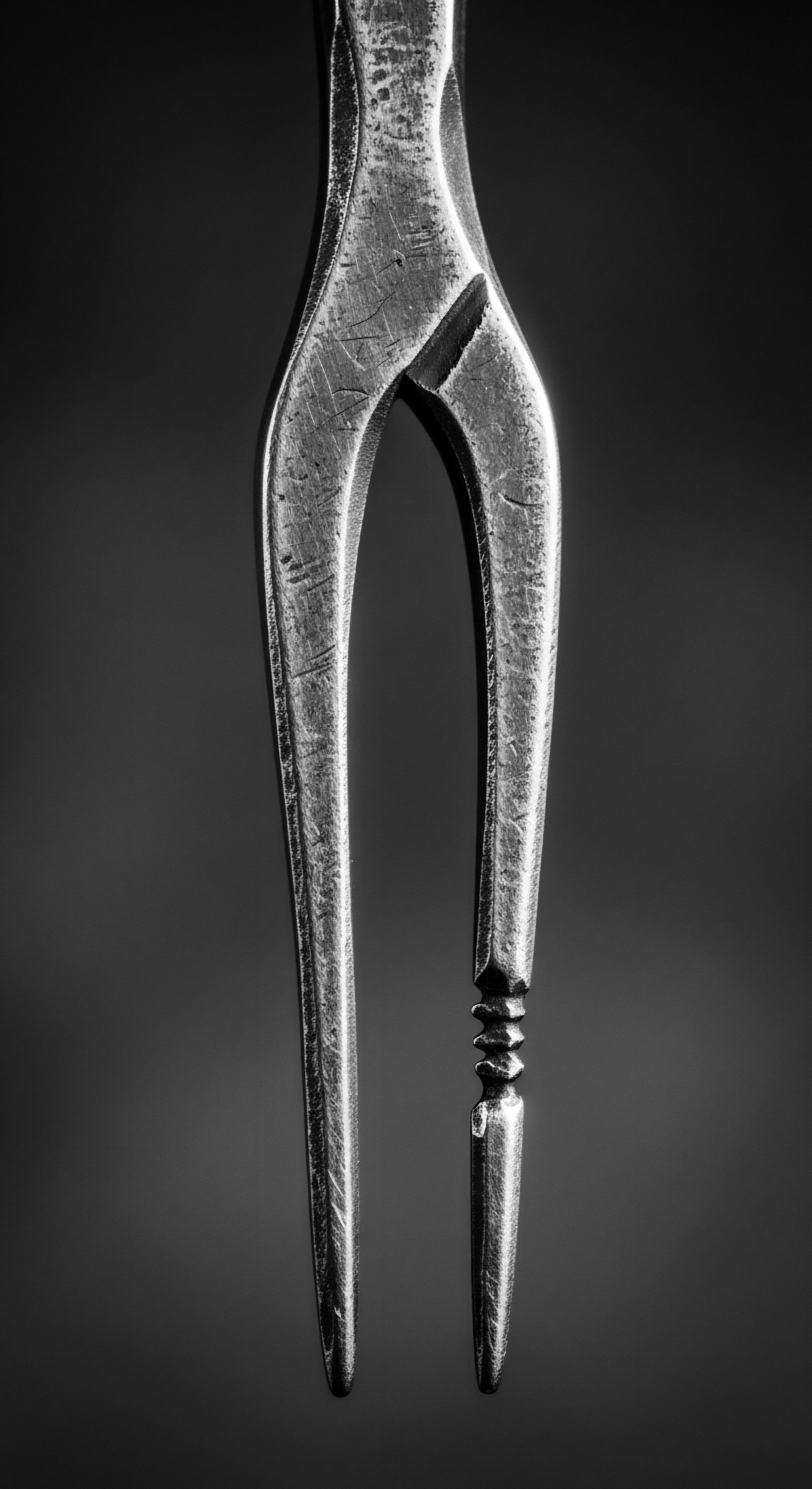
Hard Water Cleansing
Meaning ❉ Hard water cleansing removes mineral deposits from hair, improving health and texture, with roots in ancestral practices for textured hair.

